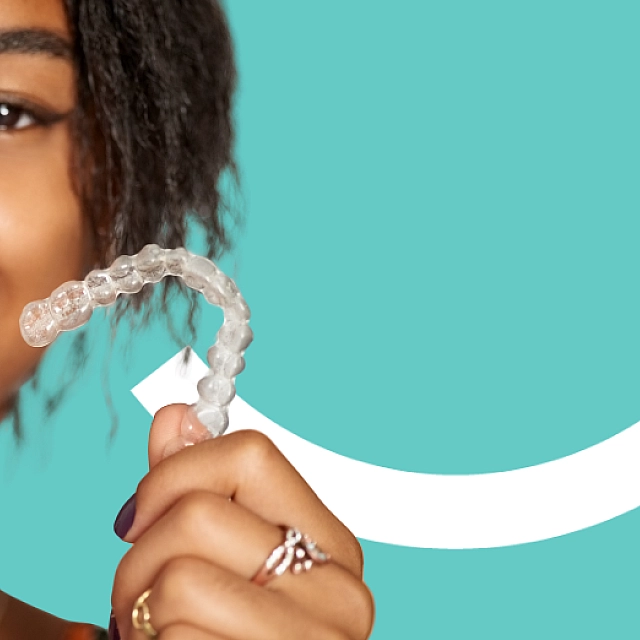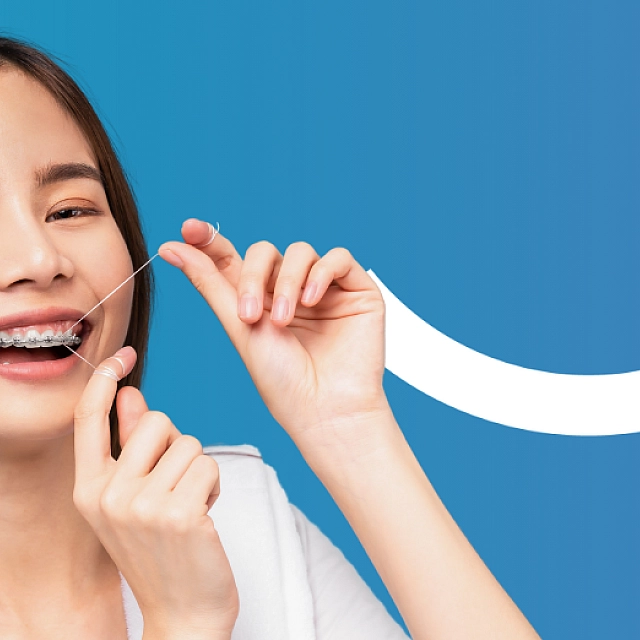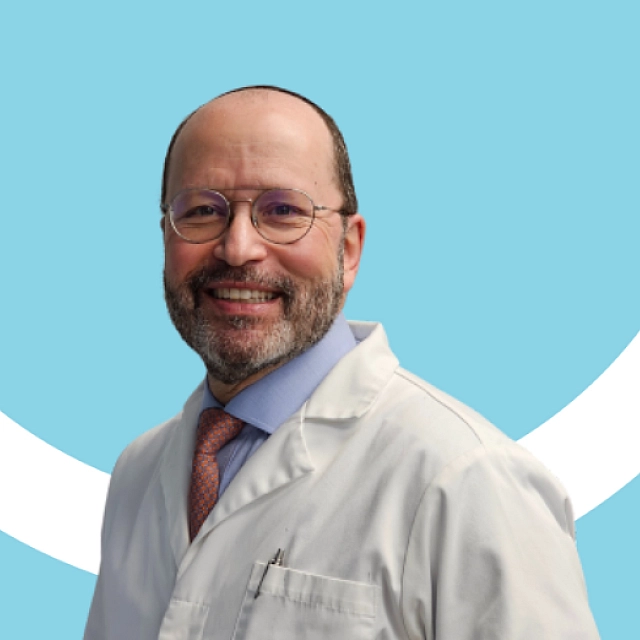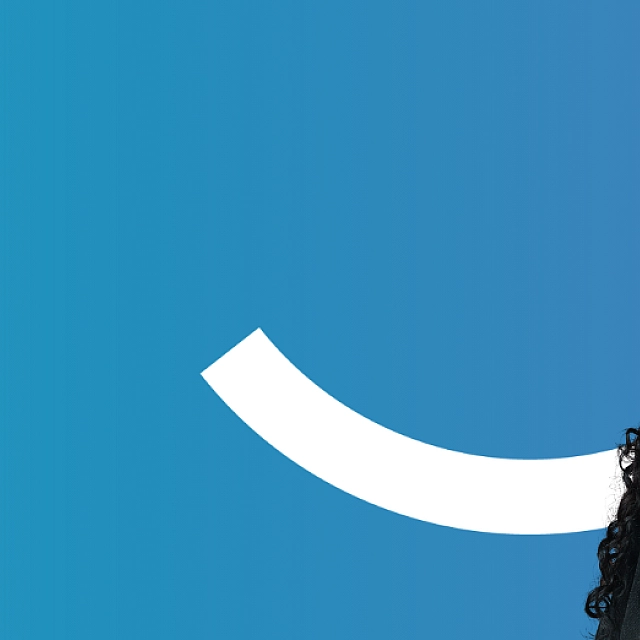
Regardless of your age, when you make the decision to start orthodontic treatment, you'll almost certainly be curious about the process. Luckily for you, the team here at docbraces is happy to provide answers to all of your braces questions and concerns. In this post, we’re going to answer some of the most common braces questions we’ve received from patients over the years. Our hope is that with the answers to your questions, you’ll have all the information you need to make the best decision for yourself or a family member.
Braces Question 1 - How Much Do Braces Cost?
The price of your orthodontic treatment will depend on a number of factors, including the complexity of the treatment, as well as the orthodontic treatment you choose. For example, traditional braces may be slightly less expensive than Invisalign® treatment, but Invisalign is a more discreet option for those who would rather not have brackets and wires attached to their teeth. Regardless of the option you choose, docbraces is pleased to offer all of our patients flexible, interest-free payment plans, ensuring that price won’t stand in the way of you having the smile you deserve.
Braces Question 2 - What Can I Eat When I Have Braces?
Again, this question depends on the type of treatment you choose to receive. With traditional braces, we recommend you stay away from hard foods such as candy and raw vegetables, as well as sticky foods such as taffy and peanut butter. For more, check out our detailed list of food you should avoid. If you choose an option such as Invisalign, you will have much more freedom to eat whatever you would like. This is because Invisalign aligners can be removed while you are eating, allowing you to eat whatever you want. Invisalign aligners can also be removed when brushing or flossing your teeth (which you should do prior to replacing the aligner trays after eating or drinking anything other than water), allowing you to have the best clean possible.
Braces Question 3 - How do retainers work?
Your retainer provides extra support to your mouth, gums, and bones to ensure that your teeth stay in their properly aligned position after your braces come off. Think of your retainer as a fail-safe that makes sure your teeth have the time and stability needed to become fully accustomed to their new alignment. Wearing your retainer as instructed by your orthodontist (usually overnight or around 8 hours a day) will greatly reduce the chances of relapse and the need for additional treatment.
Are You Looking For Answers to More Questions?
These are only a few of the most common braces questions we hear from our patients. We hope we’ve answered some of your questions, but if you have more, we encourage you to contact us today and book your FREE consultation! We’ll be more than happy to answer any additional questions you may have.




